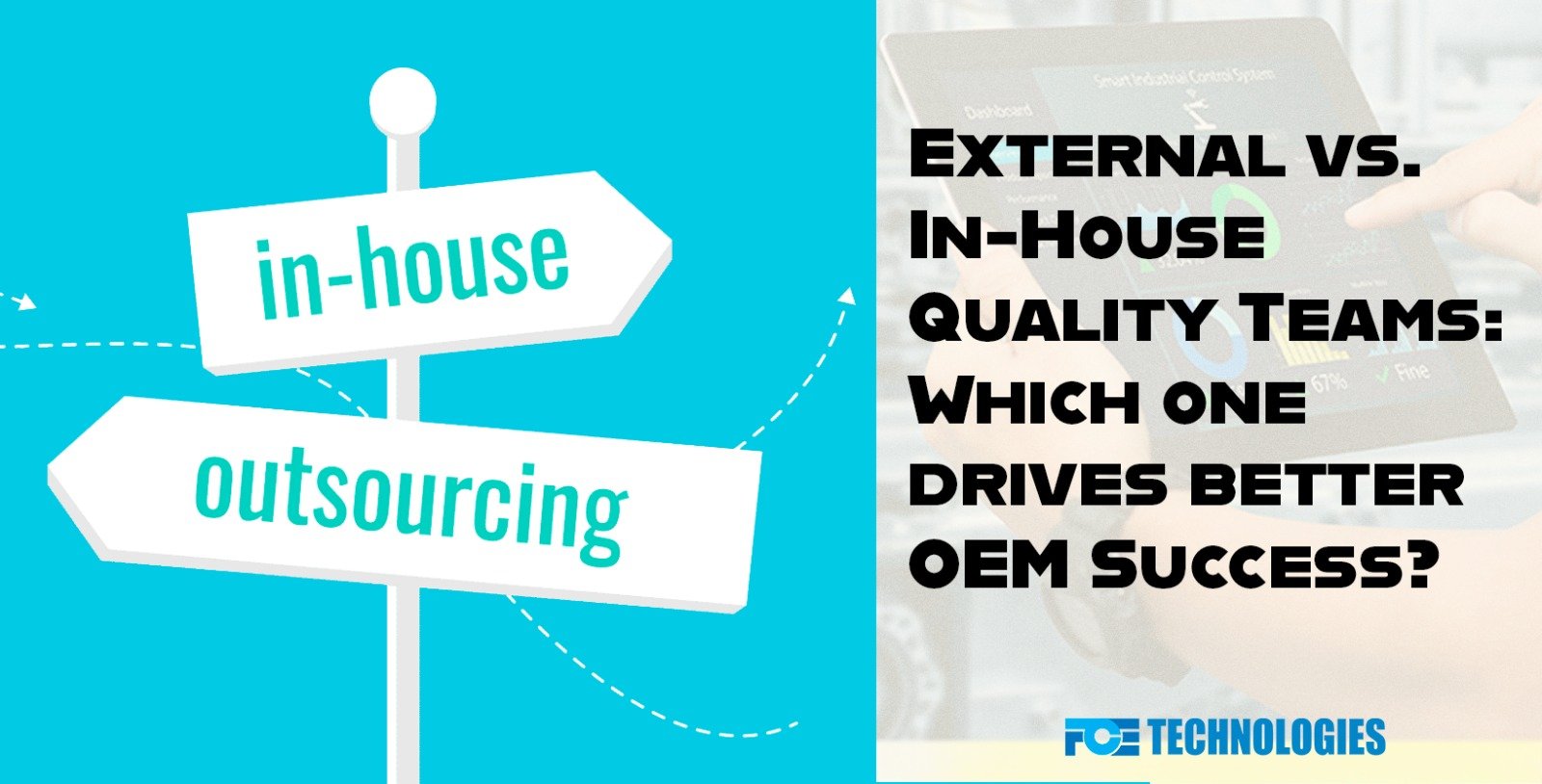In the automotive industry, success hinges on more than just innovative design and powerful performance. Ensuring high-quality production is crucial for maintaining competitive advantage, meeting regulatory standards, and exceeding customer expectations. Quality engineering and support services provide the foundation for achieving these goals, playing a pivotal role in the automotive sector’s success.
The Role of Quality Engineering in Automotive Manufacturing
Quality engineering involves the systematic application of principles and practices to ensure that automotive products meet stringent quality standards. This discipline encompasses various facets of the manufacturing process:
Design Validation: Quality engineering begins at the design stage, where engineers validate that the design meets all functional requirements and safety standards. This early intervention helps prevent costly redesigns and reworks later in the production cycle.
Process Control: Implementing robust process controls ensures that production processes are consistent and capable of producing parts that meet specifications. Statistical process control (SPC) is a common method used to monitor and control manufacturing processes.
Testing and Inspection: Comprehensive testing and inspection throughout the production process help identify defects early. This includes both destructive and non-destructive testing methods to verify material properties, dimensional accuracy, and functional performance.
Failure Mode and Effects Analysis (FMEA): FMEA is a systematic approach used to identify potential failure modes, their causes, and their effects on product performance. By addressing these risks proactively, manufacturers can enhance product reliability and safety.
Continuous Improvement: Quality engineering fosters a culture of continuous improvement by analyzing performance data, identifying areas for enhancement, and implementing changes to processes and products.
Support Services: Enhancing Quality Through Expertise
Support services complement quality engineering by providing the expertise and resources needed to maintain and improve quality standards. These services include:
Supplier Quality Management: Ensuring that suppliers adhere to quality standards is critical for maintaining the quality of incoming materials and components. Support services often involve supplier audits, quality assessments, and improvement initiatives.
Training and Development: Providing training for employees on quality standards, new technologies, and best practices helps maintain a skilled workforce capable of meeting evolving quality demands.
Customer Support and Feedback: Collecting and analyzing customer feedback provides valuable insights into product performance and areas for improvement. Support services facilitate effective communication with customers and swift resolution of quality issues.
Regulatory Compliance: Navigating the complex landscape of automotive regulations requires expertise in compliance standards. Support services help manufacturers ensure that their products meet all regulatory requirements, avoiding costly fines and recalls.
Technical Assistance: When technical challenges arise, access to specialized support services can expedite problem-solving and minimize production disruptions.
Why Quality Engineering & Support Services Are Indispensable
Ensuring Product Reliability: High-quality products are more reliable, leading to higher customer satisfaction and fewer warranty claims. This reliability enhances brand reputation and customer loyalty.
Reducing Costs: Effective quality engineering reduces waste, rework, and scrap, leading to significant cost savings. It also minimizes the financial impact of recalls and warranty claims.
Enhancing Market Competitiveness: Manufacturers that consistently deliver high-quality products gain a competitive edge in the market. Quality engineering and support services enable them to meet and exceed industry standards, setting them apart from competitors.
Facilitating Innovation: A strong focus on quality allows manufacturers to innovate confidently, knowing that new designs and technologies will meet rigorous quality standards. This fosters a culture of innovation and continuous improvement.
Meeting Regulatory Standards: Compliance with automotive regulations is non-negotiable. Quality engineering and support services ensure that products meet all necessary standards, avoiding legal issues and maintaining market access.
Real-World Impact
Automotive giants like BMW and Honda have leveraged quality engineering and support services to achieve outstanding production standards and customer satisfaction. For instance, BMW‘s commitment to quality engineering has resulted in a reputation for producing vehicles with exceptional reliability and performance. Honda‘s focus on supplier quality management has been pivotal in maintaining consistency and excellence across its product range.
Conclusion
In today’s competitive automotive landscape, quality engineering and support services are not just beneficial—they are essential for success. By ensuring product reliability, reducing costs, enhancing competitiveness, and fostering innovation, these services provide the foundation for achieving and maintaining excellence in automotive manufacturing. Investing in quality engineering and support is an investment in the future success of any automotive business.







